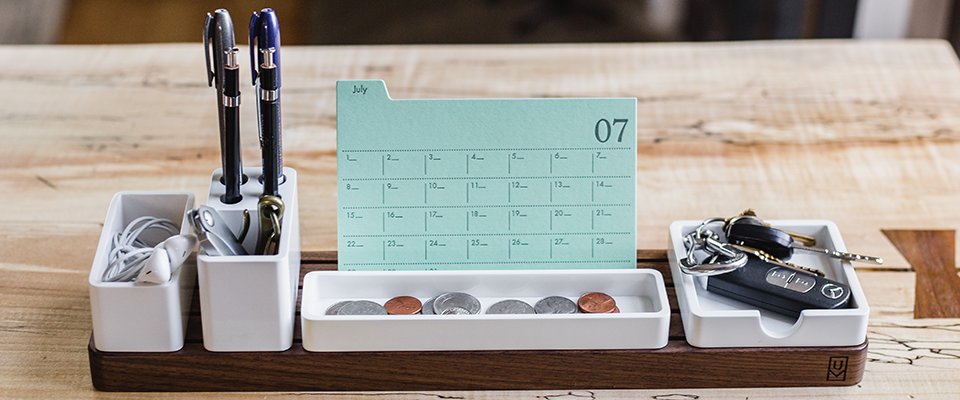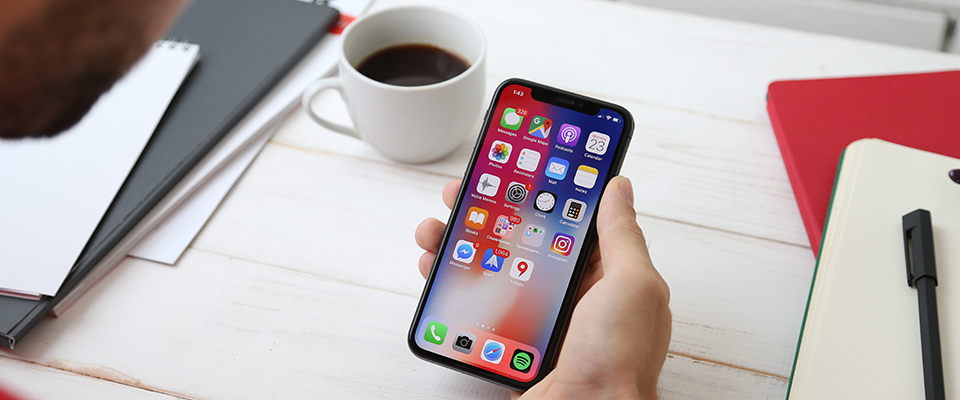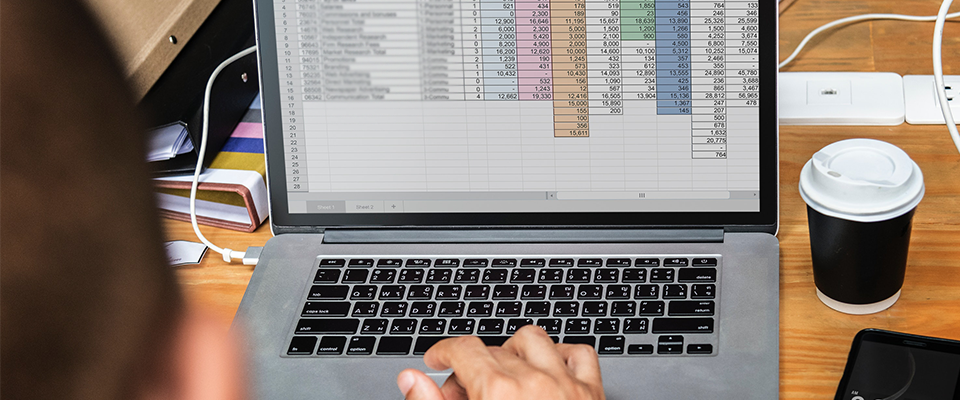5 Best Ways To Keep Track Of Your Spending

First off, way to go! If you’re reading this, you’re taking a close look at your finances. Taking the first step can be tough but it will get easier with time. The next move is tracking your spending regularly so you can get an accurate picture of where your money is going and which area of your spending you could start saving in. Here’s how to get started tracking your monthly expenses.
1. Check Your Account Statements
A great way to keep track of your spending is pinpointing your money habits by taking inventory of all of your bank accounts, including your debit account and all credit cards you have. Looking at your accounts regularly will help you identify where you’re spending your money.

2. Use An App
There are many budgeting apps out there which are designed for on-the-go money management, letting you allocate a certain amount of spendable income each month depending on what you’re taking in and what you’re paying out. These types of apps will work if you’re willing to log your purchases, put in the time and stick to your budget.

3. Categorise Your Expenses
Start grouping your expenses can help you cut back on your spending. Some credit cards automatically tag your purchases in categories from entertainment to travel etc. You could find that your morning Starbucks run is costing you a lot or paying for the recurring subscription services that you could do without or maybe it’s the spontaneous shopping buys.

4. Know Your Fixed And Variable Expenses
Your spending will consist of both fixed expenses and variable expenses. Fixed expenses are less likely to change from month to month. This includes mortgages or rent, utilities, insurance, and direct debit payments. You’ll have more room to adjust variable expenses like food, clothing, and travel. Ensure you don’t overspend on your variable expenses.

5. Using a Budget Spreadsheets
Managing a budget can help keep your finances organised and control your spending each month and annually. It can also help you plan your financial future, from saving for a new car to coming up with the down payment for a new home. In addition, you can further simplify your budget management tasks with the help of handy and free Excel templates with pre-built, ready-to-use budget spreadsheets.






